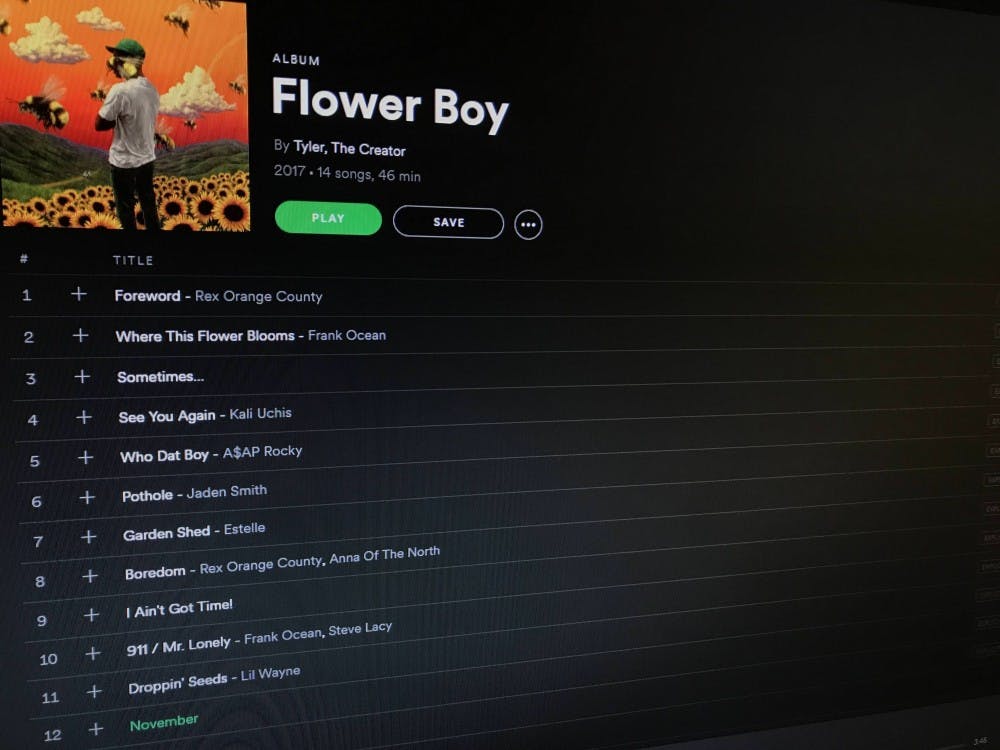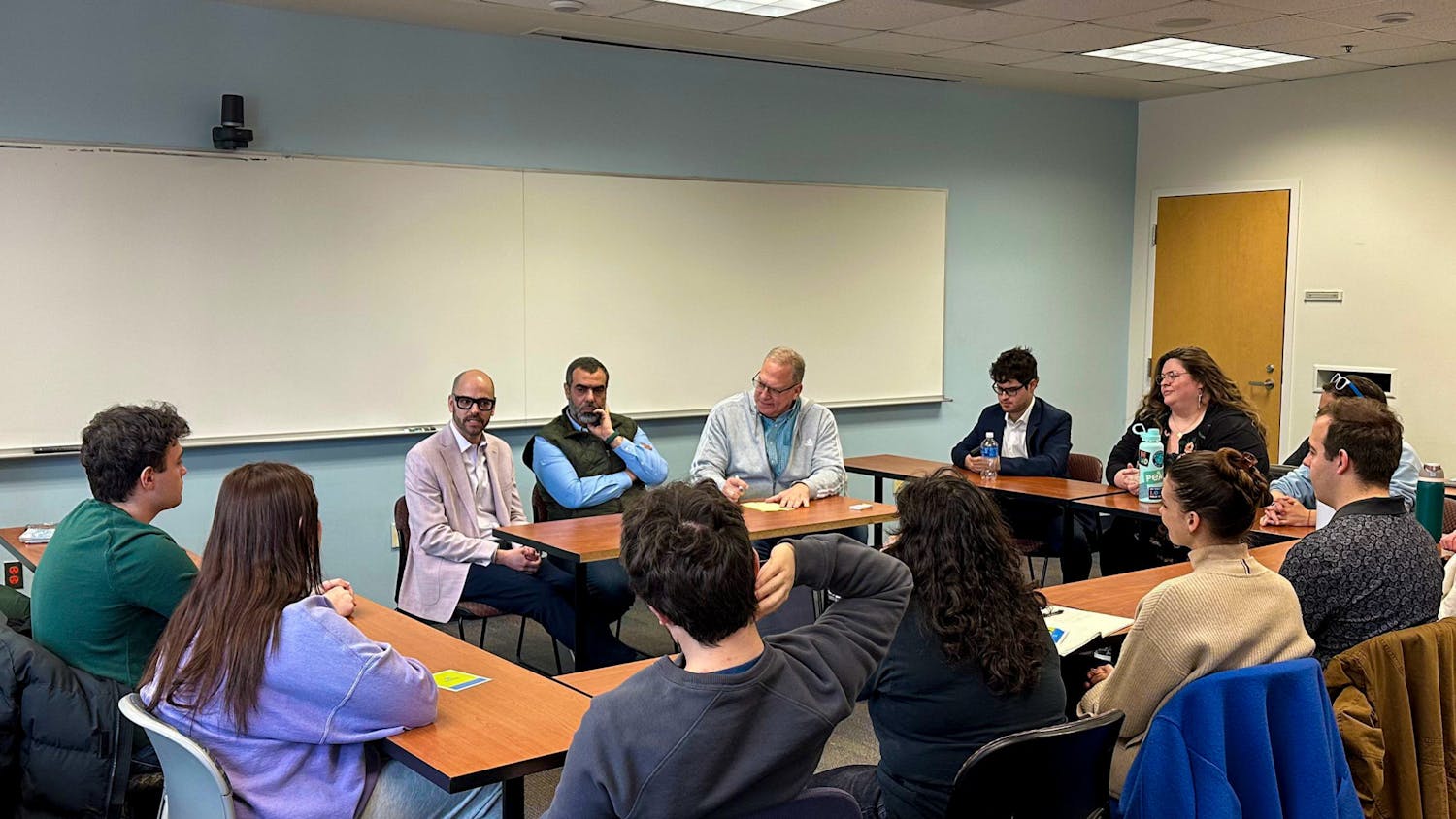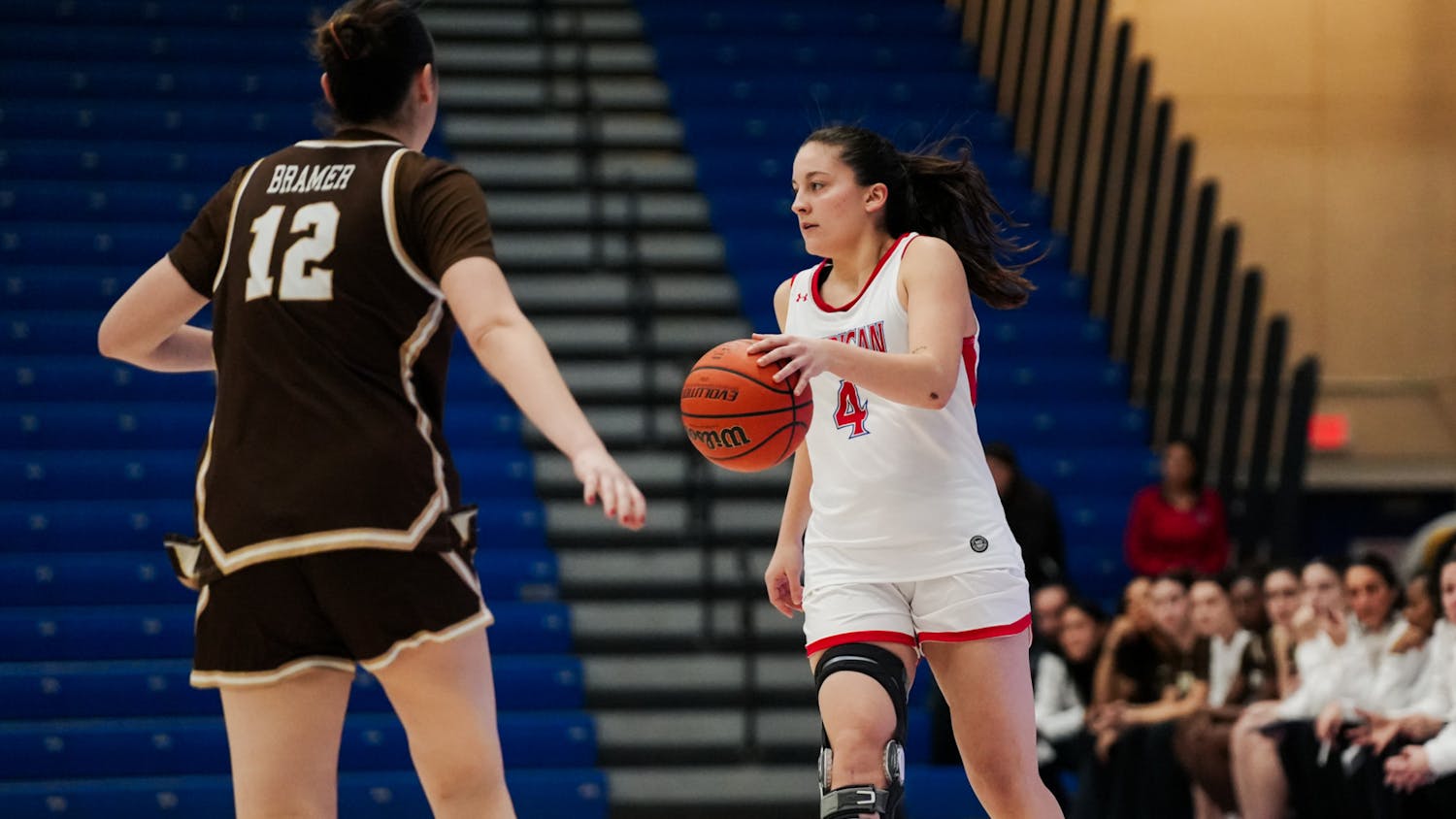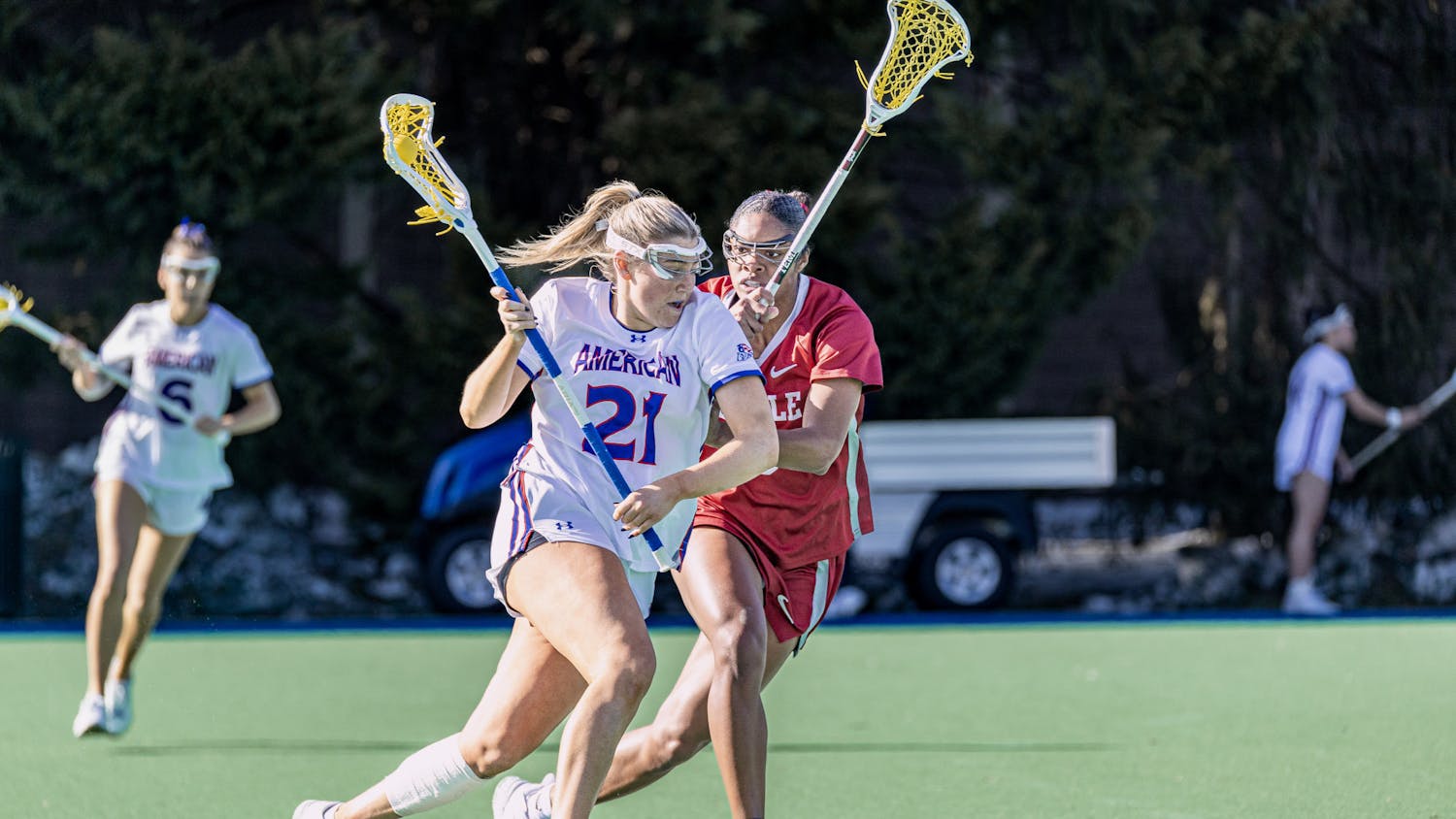Tyler, The Creator has made a unique name for himself in the hip-hop scene. Since starting out in 2009 with the critically-lauded mixtape “Bastard,” he’s captured the attention of audiences with his signature coarse vocals, offbeat lyrics and eccentric concepts. His care-free persona and quirky humor also carried over in the cult show Loiter Squad, where he and his friends from Odd Future, a hip-hop collective, would do sketches and bits for three seasons on Adult Swim.
His contributions to music and television made him a favorite among millennial crowds. However, this time around, Tyler has decided to hang up that style and take a more personalized approach for his first album in four years. The line from “Flower Boy’s” first track: “And if I drown and don’t come back, who’s gonna know,” sets the stage and prepares its listeners for a more intimate journey. This album is truly a story of self-reflection, doubt and Tyler’s quest for reinvention.
“Flower Boy” is indeed a different album than some of his earlier works, yet Tyler still raps with his on-brand boyish swagger and fun wordplay. The lyrics feel a bit more personal and deliberate, all while smartly undercut with smooth, groovy rhythms and slow-rolling beats that carry a homier feel. Tyler adds interesting dynamics to those beats with an influx of deep and light tones as well as refreshing blends of classical instrumentation and retro keys, giving it both unexpected duality and depth.
With the first half of the album, Tyler seems like he’s giving us a peek at his running thoughts. The songs are more spacey and meditative than usual, with Tyler expressing his lyrics with a more abstract, almost therapeutic approach. This ambitious decision made his message a bit more muddled than it needed to be, which made it harder to decrypt what exactly he was aiming for. “Where This Flower Blooms,” for example, is Tyler seemingly taking us to his dreamscape, touring his memories meanderingly. He tries to take us back to his early life and the dreams he had for himself. And as twirly as his lyrics are, it appears he’s bringing attention to the unchangeable powers in his formative years that shaped who he is.
With that sentiment in mind, many people have speculated that Tyler comes out as gay to his fans through this album, specifically in the song “Garden Shed.” He writes, “This is where I was hidin’, that was real love I was in, ain't no reason to pretend, garden shed.” These lyrics by Tyler portray feelings of love he hid within the “shed,” and how he feels he shouldn’t pretend to be someone he’s not. He also talks about how he didn’t tell his friends and how they “couldn’t read the signs.”
The second half of the album is where it becomes less speculative and more cohesive than the first, with the tracks displaying a better sense of soberness and linearity. The production in this half is more tightly woven and the words become more straightforward and honest. The song “Boredom,” for example, is Tyler realizing he’s trapped himself in a rut and describes feelings of hate and desperation for self change. The song “Ain’t Got Time” regains the swagger he questions earlier in “Who Dat Boy,” which is a great single, but refines it and displays an updated sense of his surroundings. The album then confirms that Tyler’s in a new place in the song “911/Mr. Lonely,” where we finally see him opening up and willing to bring people back into his life, while putting behind all the things that made him “Mr. Lonely.”
Despite the quality of the tracks, there were some nitpicks to be had with the overall album. “Flower Boy” feels too short, clocking in at around 46 minutes. Though it’s beneficial for Tyler to have a tight grip on his thoughts, the mood switches with the songs feel more blunt and bizarre, with him unable to fully encapsulate the story arc he’s presenting. Tyler also needed to switch his flow up more often. At times it felt like a disservice to the production to not be a bit more dynamic like he was in part two of “911/Mr.Lonely.”
With previous efforts like Goblin and Cherry Bomb, people assumed Tyler, the Creator would maintain his image as the joker of the hip-hop scene, tuning in to his music just to enjoy his wacky concepts and ideas without necessarily having anything to pull apart or think about. And though he dealt with darker issues in the past with these efforts, this is the first time we don’t see him wallow in them. Instead, Tyler decided to pull himself out of the fire and into comfort.
Because of this, “Flower Boy” ends up being his most accomplished and confident album yet, with Tyler ditching that humorous and brash mentality with a more personalized voyage into his psyche. And yet even with all that it still feels very much in his wheelhouse thanks to the creative harmonies, playful lyricism, and above all the creator himself.





